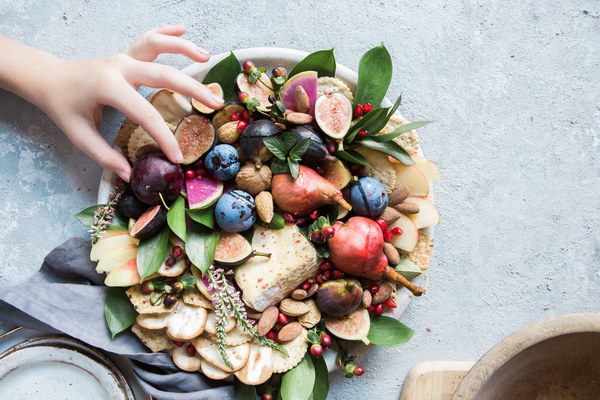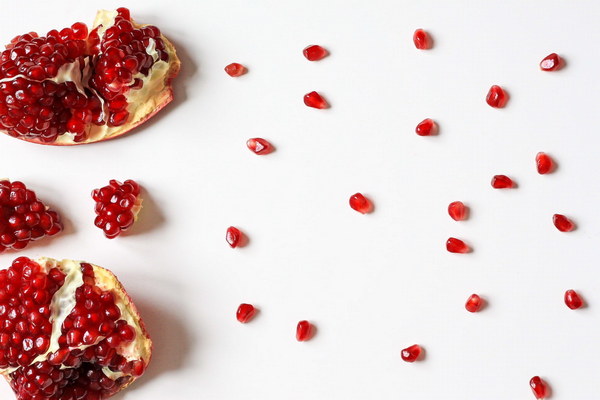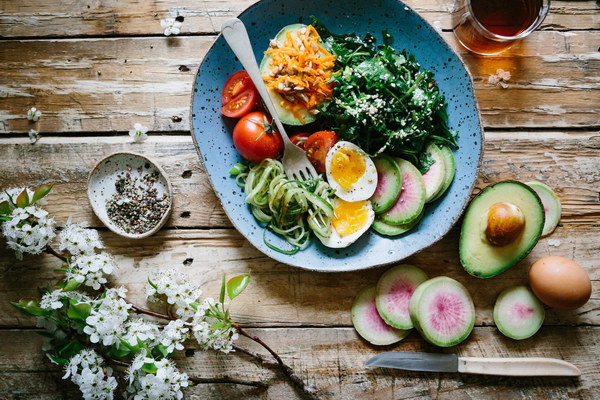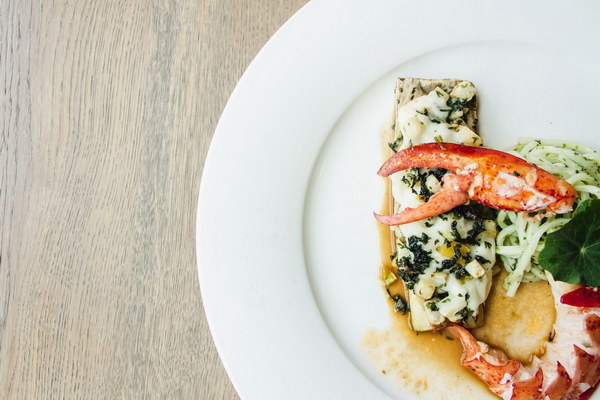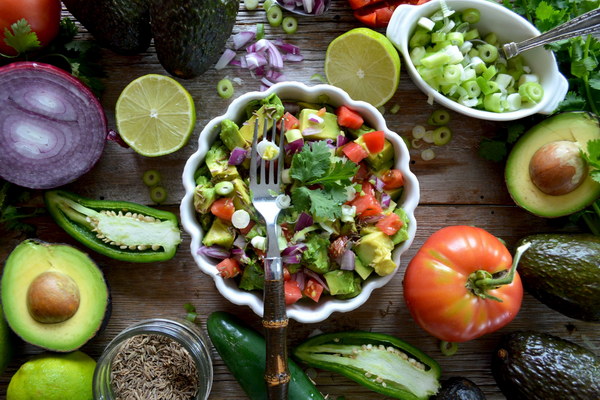Unlocking the Secrets of Chinese Herbs A Journey into Traditional Medicine and Culinary Delights
In the heart of ancient China, where time seems to stand still, there lies a treasure trove of knowledge and wisdom passed down through generations. This knowledge, deeply rooted in traditional Chinese medicine, has been meticulously preserved and refined, culminating in the art of using herbs not only for medicinal purposes but also as a culinary delight. Welcome to the enchanting world of Chinese herbs and their captivating culinary adventures.
Chinese herbs, known as yao cao in Chinese, have been an integral part of the Chinese culture for over 5,000 years. They are not just ingredients used in medicinal concoctions but also in everyday cooking, offering health benefits and flavor to a variety of dishes. This article invites you on a journey into the realm of traditional Chinese medicine, exploring the fascinating world of herbs and their culinary applications.
1. The Art of Chinese Herbs
Chinese herbs are classified into several categories based on their properties, such as cold, hot, warm, and cool, as well as their taste, which includes sweet, sour, bitter, spicy, and salty. These characteristics determine the specific health benefits and culinary uses of each herb.
2. Common Chinese Herbs and Their Benefits
a) Ginseng (Ren Shen): Known for its energizing properties, ginseng is often used to boost the immune system, improve cognitive function, and enhance overall vitality.
b) Astragalus (Huang Qi): A powerful immune booster, astragalus is commonly used to strengthen the body's defense against infections and to promote overall health.
c) Goji Berries (Gou Qi Zi): These antioxidant-rich berries are believed to enhance fertility, improve vision, and boost the immune system.
d) Ginger (Sheng Jiang): With its warming properties, ginger is often used to aid digestion, reduce inflammation, and alleviate nausea.

e) Green Tea (Lu Cha): Known for its high levels of antioxidants, green tea is famous for its ability to aid weight loss, improve cardiovascular health, and boost cognitive function.
3. Culinary Applications of Chinese Herbs
Chinese herbs are versatile and can be used in various forms, from fresh or dried to powders or extracts. Here are some ways to incorporate these wonders into your culinary adventures:
a) Soups and Stews: Herbs like goji berries, astragalus, and ginger are commonly used in soups and stews to add flavor and health benefits.
b) Teas: Brew a cup of healing tea by steeping herbs like green tea, ginseng, or chrysanthemum flowers.
c) Sauces and Dressings: Enhance the flavor of your dishes with a homemade sauce or dressing made using Chinese herbs like star anise, Sichuan peppercorn, or sesame oil.
d) Marinations: Marinate your meats or vegetables in a mixture of Chinese herbs and spices to infuse them with flavor and health benefits.
e) Desserts: Herbs like rosemary and mint can add a unique twist to your desserts, while goji berries and chrysanthemum flowers can be used to create mouth-watering confections.
4. The Importance of Balance
In traditional Chinese medicine, balance is key. It is essential to understand the properties and interactions of different herbs to create harmonious dishes that benefit your health. Consult with a knowledgeable herbalist or nutritionist before incorporating any new herbs into your diet.
Conclusion
Embracing the art of Chinese herbs in your culinary adventures is not just about adding flavor to your meals but also embracing the wisdom of ancient traditions. By incorporating these natural wonders into your diet, you can unlock the secrets of traditional Chinese medicine and experience the magic of nature's healing powers. So, let's embark on this delightful journey and explore the world of Chinese herbs and their culinary delights!
